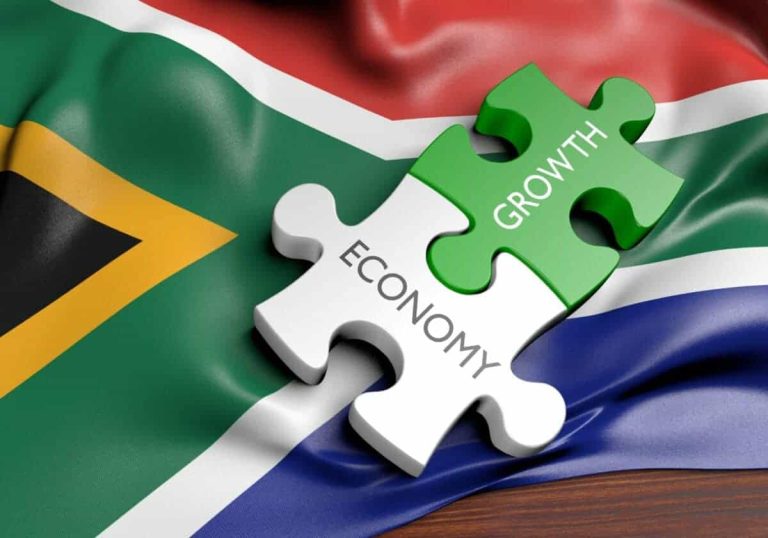
In a landmark moment for Japan’s political history, the ruling Liberal Democratic Party (LDP) has elected Sanae Takaichi as its new leader — paving the way for the 64-year-old conservative stalwart to become Japan’s first female prime minister.
A former communications minister, television host, and self-professed heavy metal enthusiast, Takaichi is one of Japan’s most recognisable and polarising political figures. Known for her hardline views and unflinching loyalty to the late former leader Shinzo Abe, she now faces the daunting task of steering a divided party and a struggling economy amid mounting domestic and international challenges.
Her victory follows the resignation of Prime Minister Shigeru Ishiba, who stepped down last month after just over a year in office following a string of electoral defeats that cost the LDP its majority in both houses of parliament.
If confirmed by parliament, Takaichi will inherit a country grappling with stagnant wages, rising inflation, and an aging population, as well as the need to mend a strained relationship with Washington and finalise a pending tariff agreement with the Trump administration.
Political analysts say her leadership could mark a rightward shift in Japanese politics. Prof. Jeff Kingston, director of Asian Studies at Temple University, Tokyo, told the BBC that Takaichi’s conservative stance may consolidate support among traditional voters but could alienate moderates.
“She’s in a good position to regain right-wing voters, but at the expense of broader popular appeal,” Kingston said.
Takaichi, often compared to Britain’s ‘Iron Lady,’ Margaret Thatcher, has long admired the former UK leader, modelling her political image and rhetoric after her. Yet, critics argue that despite the symbolic breakthrough of her rise, she has done little to advance women’s rights.
“She calls herself Japan’s Margaret Thatcher, but she’s no feminist reformer,” Kingston noted. “Like Thatcher, she’s not much of a healer.”
A staunch traditionalist, Takaichi has consistently opposed same-sex marriage and legislation allowing women to retain their maiden names after marriage, insisting such reforms undermine Japan’s cultural heritage.
Economically, she has pledged to revive Abe’s Abenomics — a blend of monetary easing, fiscal stimulus, and pro-growth policies — while maintaining Japan’s hawkish security stance and pushing to revise the pacifist constitution.
Her frequent visits to the Yasukuni Shrine, which honours Japan’s war dead including convicted war criminals, have also drawn criticism from neighbours such as China and South Korea.
Although her confirmation as prime minister is likely, Takaichi will not enjoy the same automatic ascent as her predecessors, as the LDP now faces a weakened parliamentary position following recent political turmoil.
For Takaichi — a self-styled Iron Lady seeking to restore Japan’s conservative roots — the challenge will be not only to lead her party, but to convince a skeptical public that she can unite a fractured nation and redefine Japan’s future.



